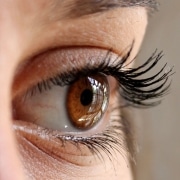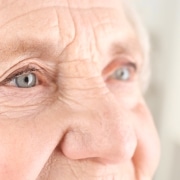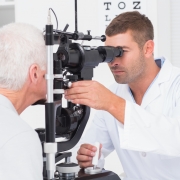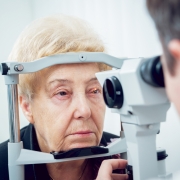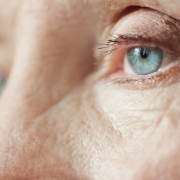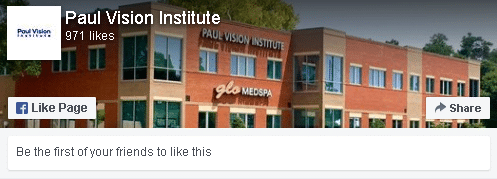Can You Prevent Glaucoma?
Did you know that glaucoma is among the top causes of vision loss? Anyone can get this disease, though your chance is higher if you have certain risk factors. At Paul Vision Institute, our optometrists in Wilmington, NC, offer testing and treatment for this condition. Is there anything you can do to stop yourself from getting it? You may not be able to fully prevent glaucoma — but you can take the following steps to reduce your risk!
Don’t Skip Routine Eye Exams
These are a key part of finding glaucoma as early as possible and protecting against vision loss. You should have your eyes examined as often as we recommend based on your age and other factors.
Guard Against Eye Injuries
Put protective eyewear on, such as goggles, to keep your eyes safe from injuries and accidents. This kind of trauma can raise your risk of developing glaucoma.
Use Prescription Eye Drops
We might prescribe eye drops that help lower your risk of having higher eye pressure that can lead to glaucoma. If so, use these drops as often as directed.
Eat Your Fruits and Vegetables
Some foods, including berries and leafy greens, have nutrients that help your eyes stay healthy. Include plenty of these foods in your regular diet!
Check Your Family History
Does glaucoma run in your family? If so, you might be at an increased risk of getting it. Having more frequent screenings helps ensure that we catch this disease early.
Schedule Glaucoma Testing or Treatment Today!
Do you have risk factors for glaucoma? Our optometrists at Paul Vision Institute can check your eyes for this disease and start treatment as needed. We provide glaucoma treatment in Wilmington, NC, as part of our commitment to protecting your vision!


